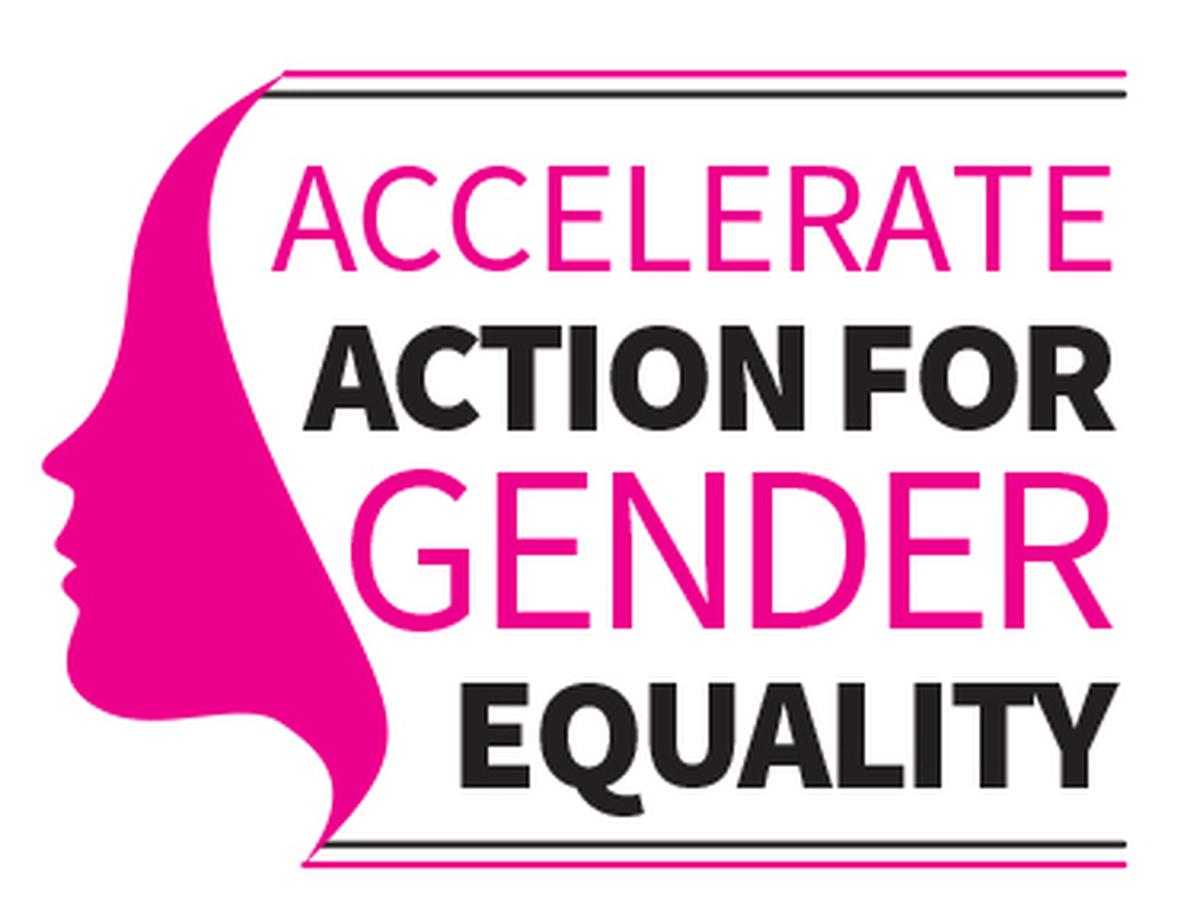‘Accelerate Action’, which is the theme for International Women’s Day this year, calls for collective efforts to promote gender equality and women’s rights. For weeks, in Kerala, tens of thousands of Accredited Social Health Activists (ASHA) have been fighting for fair remuneration, retirement benefits, and formal recognition of their occupation. Their work forms the cornerstone of primary health care and health-care rights in India, and the last-mile delivery of health schemes and policies. India’s ASHA programme, launched in 2005 and comprising a million informal female health workers across nearly all States and Union Territories, is the world’s largest community volunteer programme.
In 2022, the World Health Organization (WHO) conferred the Global Health Leaders Award on ASHA workers — they were one of the six recipients —in recognition of their contributions to global health — for their crucial role in linking the community with the health system, and ensuring primary health-care access to the rural poor, particularly during the COVID-19 pandemic.

Foregrounding their concerns
As a UNICEF (2022) report indicates, community health workers serve as the first, and often only, point of contact between grassroots communities and the public health system, providing lifesaving services. According to the National Rural Health Mission, ASHAs — the entire female cadre of community health workers in India — carry out nearly 60 essential tasks around preventive, reproductive, maternal and child care, and broader community care. But, even after two decades of efforts to universalise access to public health-care benefits, ASHAs remain under-recognised, under-supported, and unappreciated.
Despite working within a state programme and emerging as a dependable workforce asset, ASHAs remain classified as ‘volunteers’ by the government, compromising on their essential labour rights and protections such as minimum wage, sick leave, and pensions. Their expected workload was initially designed to be two to three hours, for four days in a week, factoring in occasional extra demands, all rooted in the assumption that ASHAs’ work supplements their primary source of income. However, despite their ‘volunteer’ status, the diverse roles and responsibilities assigned to ASHAs often result in a full day’s workload. They are frequently burdened further with (non-health care, but context-specific) survey work and documentation, in addition to their standard health-care duties.
ASHAs operate at the intersections of gendered and feminised perceptions of women as ‘effective mobilisers, facilitators, and caregivers,’ further complicated by the reality that many hail from socially disadvantaged groups. They were the ‘first line of defence’ during the COVID-19 pandemic, forcing them to work between eight to 14 work-hours a day in the field, including weekends, without additional resources, protective gear, or extra support from the government.
Even after the pandemic, ASHAs were/are often overworked in these roles and are significantly underpaid, receiving a fixed monthly incentive of only ₹2,000 for routine and recurring activities. They are entitled to performance-related incentives linked to specific tasks under various National Health Programmes, and States and Union Territories can provide fixed payments to ASHAs. However, in some States, their pay is even lower than the wages of manual labourers under the Mahatma Gandhi National Rural Employment Guarantee Act (MGNREGA). Casualisation of their work further diminishes any chances of receiving social security or health insurance. ASHAs, for instance, have not been included in the new Code on Social Security 2020, contrary to the recommendations of the Parliamentary Standing Committee on Labour.
Collective action for meaningful recognition
ASHAs have utilised a range of platforms to raise their concerns, which, in recent years. has mobilised into collective action, emerging as one of the most prominent feminist worker resistance movements in India. In August 2020, more than 6,00,000 ASHAs across India went on strike, adding to the ongoing strikes across years in Madhya Pradesh, Uttar Pradesh, Delhi, Karnataka, Haryana, Punjab, Gujarat, West Bengal, Maharashtra, and Kerala. Demands included a fixed income between ₹18,000 and ₹21,000, a pension fund, insurance, retirement benefits, the clearance of pending payments, and recognition of their contributions to health care. While the crux of the protests has been on non-payment of regular stipends since the pandemic, broader concerns are also foregrounded, such as the rural health-care system’s reliance on ASHAs who are underpaid, undertrained, and overworked, and denied fundamental workers’ rights or dignified working conditions. The ASHAs’ movement is a strong reminder of the strength of collective organising, and a powerful symbol of resistance against the systematic devaluation of women’s labour in general.
Their protests align with the growing wave of global organisations by community health workers, particularly in the Global South, advocating gender and economic justice against vulnerable labour conditions and precarious livelihoods. Over a million ASHAs stand at the crossroads of precarity, vulnerability, and marginality, characterised by chronic uncertainty and insecurity. These are crucially political questions as much as livelihood concerns.
A casualisation of female labour
Recognising and supporting ASHAs is not only a matter of catering to their topical concerns but also a vital step toward creating a more universal equitable health-care system. It is high time to recognise and acknowledge the unfair, exploitative, and unethical practice of soliciting voluntary services from the world’s largest community-worker cohort, aggravated by the robust inequities of power and gender that already plague Indian society and health systems. We need to critically examine how the growing precarity of this informal worker cadre perpetuates a model of employment that entrusts the delivery and the execution of the responsibilities of a welfare state through the casualisation of female labour. WHO’s recognition of ASHAs in 2022 will hold greater significance for them if it ensures their status as equal partners in health systems, mobilising national support and resources, both domestic and external, to create solutions for their long-awaited rightful needs and demands.
Neethi P. is Senior Researcher, Indian Institute for Human Settlements (IIHS), Bengaluru, and an advisory member to the Karnataka Labour Policy Committee. The views expressed are personal
Published – March 08, 2025 12:52 pm IST